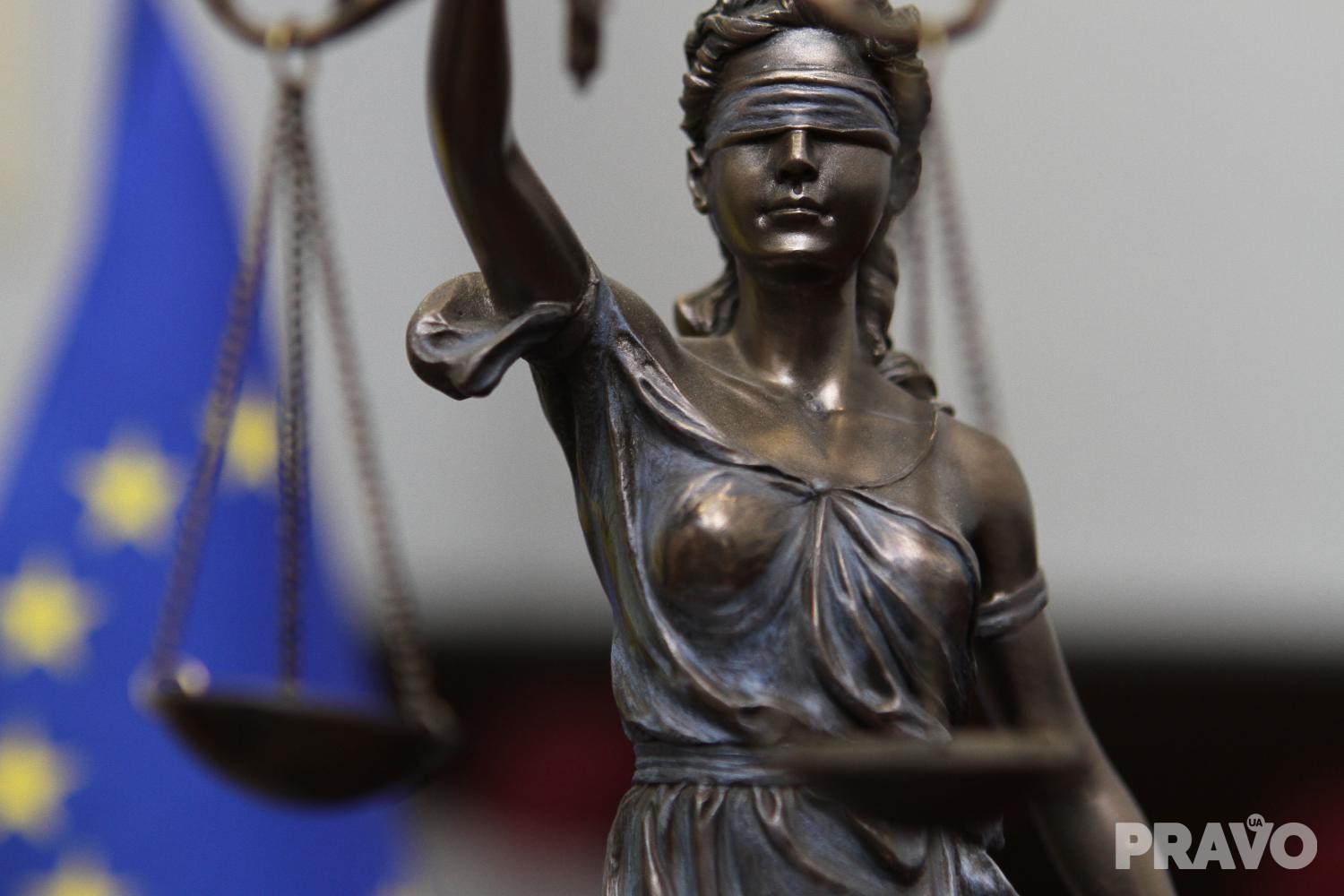active and purposeful military lawyer with more than 4 years of experience
Interrogation as an investigative action
Interrogation is one of the key investigative actions that plays an important role in establishing the truth in criminal proceedings. This is a procedural action aimed at obtaining testimony from persons summoned for questioning, which are important for establishing the circumstances of a criminal offense. Interrogation is a complex psychological process that requires high professionalism from the investigator, the ability to establish psychological contact with the interrogated person, and mastery of tactical interrogation techniques.
Legislative regulation of interrogation
The procedure for conducting an interrogation in Ukraine is regulated by the Criminal Procedure Code of Ukraine. Yes, according to Art. 224 of the Criminal Code of Ukraine, the interrogation is conducted by an investigator, a prosecutor or a specially authorized person on their behalf. The interrogation is carried out at the place of investigation of the criminal proceedings or in another place in agreement with the person who is intended to be interrogated. Before the interrogation begins, the interrogated person is explained his rights and obligations, as well as the liability provided by law for refusing to testify and for knowingly false testimony.
Each interrogation begins with establishing the identity of the interrogated person, clarifying his relation to the case and clarifying the rights and obligations. The testimony of the interrogated person is recorded in the interrogation protocol, which is signed by the interrogated person and the person who conducted the interrogation.
Types of interrogation
In the theory of the criminal process, the following types of interrogations are distinguished:
Initial (initial) interrogation is an interrogation of a person, which is conducted for the first time in connection with criminal proceedings.Its main purpose is to obtain primary information about the circumstances of the committed criminal offense.
Re-interrogation - interrogation of a person who was previously interrogated in connection with this criminal proceeding. Its purpose is to clarify, supplement or change the readings obtained earlier.
Additional interrogation - interrogation of a person who was already interrogated earlier, with the aim of obtaining additional information that is important for criminal proceedings.
Simultaneous interrogation of two or more already interrogated persons (confrontation) - simultaneous interrogation of two or more persons to clarify the reasons for discrepancies in their testimony.
Interrogation of a minor - interrogation of a person who, at the time of committing a criminal offense, did not reach the age of 18. At the same time, legal representatives of the minor and a teacher or psychologist must be present.
Interrogation of a minor - interrogation of a person who, at the time of committing a criminal offense, did not reach the age of 14. At the same time, legal representatives of the minor and a teacher or psychologist must be present.
Tactics of interrogation
The tactics of interrogation involve the use of certain methods by the investigator aimed at establishing psychological contact with the interrogated person, obtaining truthful testimony from him and neutralizing opposition to the investigation. The main tactical methods of interrogation include:
Establishing psychological contact with the interrogated is the creation of an atmosphere of trust, interest in the success of the investigation, which contributes to obtaining complete and truthful testimony.
Asking questions is an important tactical technique that requires the investigator to be able to ask questions that encourage the interrogate to provide the necessary information.
Use of surprise - conducting an interrogation at a time unexpected for the interrogated, which creates favorable conditions for obtaining truthful testimony.
Presentation of evidence - demonstration to the interrogated of the evidence available to the investigator, refuting or contradicting his testimony, with the aim of predisposing him to give truthful testimony.
Creating a conflict situation is a deliberate aggravation of contradictions between the interrogator's testimony and other evidence, which forces him to change false testimony.
The use of psychological influence - the use of various psychological techniques to overcome opposition to the investigation on the part of the interrogated.
The effectiveness of conducting an interrogation largely depends on the investigator's preparation for conducting it, in-depth knowledge of the materials of criminal proceedings, the ability to communicate with people, and mastery of tactical interrogation techniques.Guarantees of rights and freedoms of the interrogated
The interrogation is accompanied by the observance of certain guarantees of ensuring the rights and freedoms of the interrogated. Such guarantees include:
The right not to testify against oneself, close relatives or family members - no one is obliged to testify or provide explanations about themselves, their close relatives or family members.
The right to an interpreter - if the interrogated person does not speak the language in which the criminal proceedings are conducted, he has the right to the free assistance of an interpreter.
The right to legal assistance - the interrogated person has the right to use the legal assistance of a lawyer at any stage of criminal proceedings.
Prohibition of the use of violence, threats and other illegal measures - during the interrogation, it is forbidden to use measures that are dangerous to a person's life and health or that degrade his dignity.
Recording the progress and results of the interrogation - the interrogation must be recorded in the protocol of the interrogation, which is signed by the person being interrogated and the person who conducted the interrogation.
Proper observance of the specified guarantees is an important condition for the legality and effectiveness of the interrogation.
You may be interested in reading articles on the following topics: адвокатские запросы адвокатский запрос ответ на адвокатский запрос требования к адвокатскому запросу непредоставление ответа на адвокатский запрос сроки ответа на адвокатский запрос адвокатский запрос это рассмотрение адвокатского запроса об адвокатском запросе адвокатский запрос образец образец адвокатского запроса образец отказа на адвокатский запрос

































